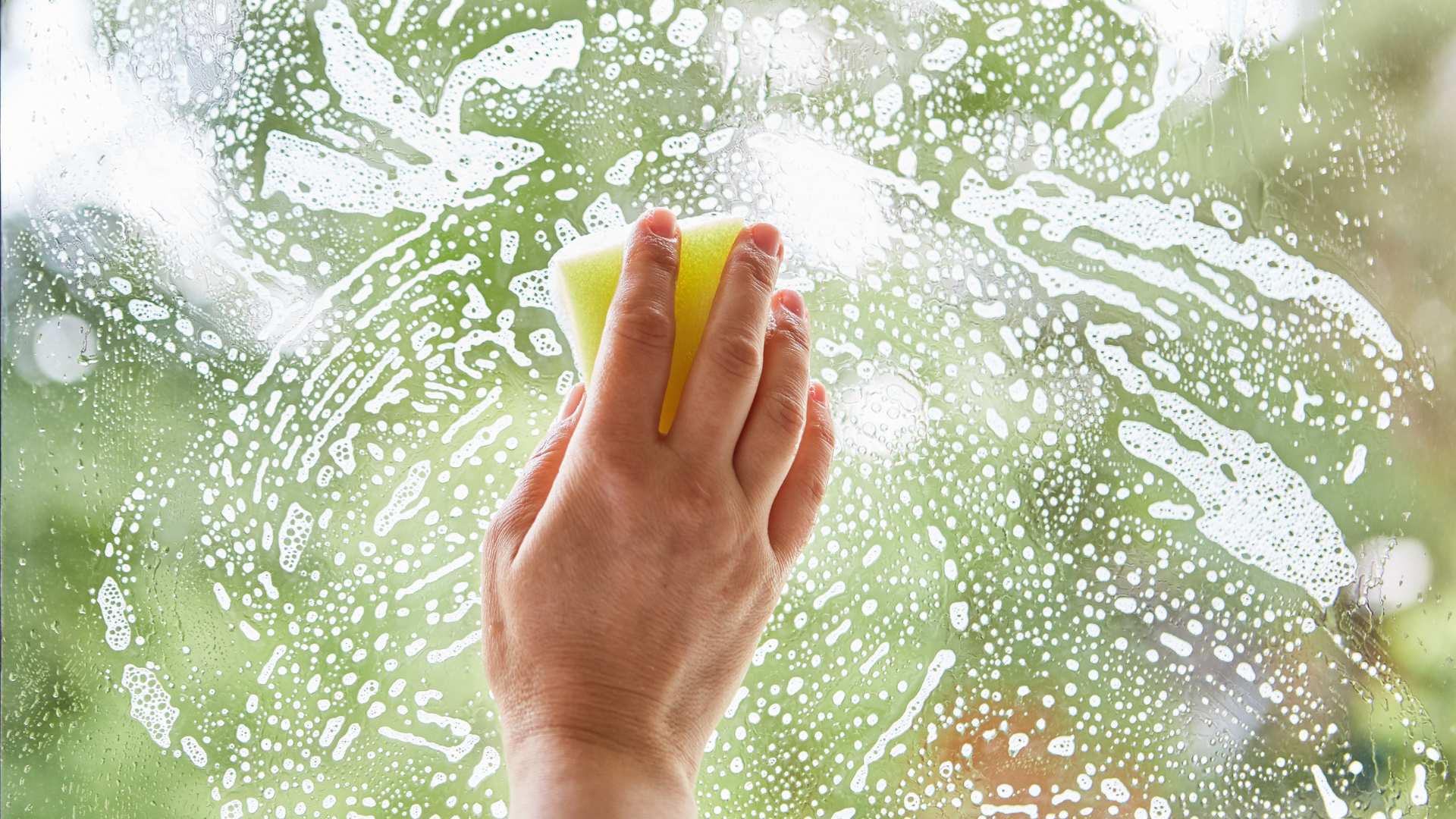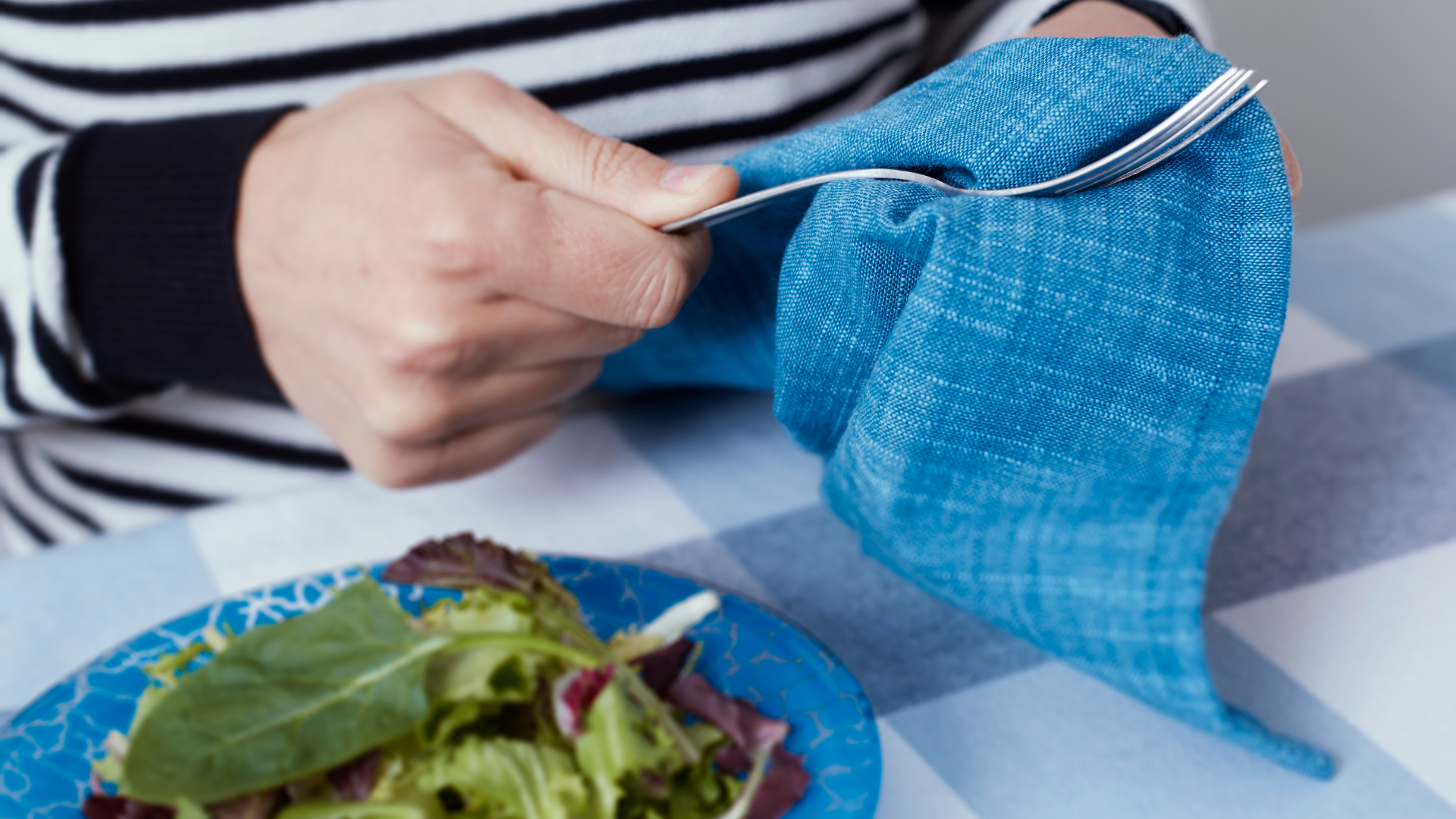Clean House, Healthy Mind: Spring Cleaning Benefits for Mental Health

Spring Cleaning Benefits for Mental Health
Spring is a time of new beginnings, change, and transitions, including in our homes. With the warmer weather kicking motivation into high gear, Spring can be a prime time to do a deep clean. Not only is a clean space aesthetically pleasing to the eyes, but it can also help to improve your mental health.
Learn about how tidying up your space can also tidy up your thoughts below along with tips for cleaning when you’re struggling with your mental health.
4 Reasons Why Cleaning is Beneficial to Mental health
1.Decreased Stress
Not only does an uncluttered space provide a sense of calm, but the physical act of cleaning can release feel-good endorphins, reducing feelings of stress and anxiety. As you cross tasks off your checklist, your body also releases Dopamine. Also known as the “happy hormone”, Dopamine provides a sense of accomplishment and pride that can promote motivation in other areas of our lives.
2. Improved Focus
Studies have shown that an uncluttered space can also lead to an uncluttered mind. Your focus can be drawn away from important tasks by a chaotic, messy space. Research has also shown a connection between procrastination and clutter, as an unwillingness to tackle larger chores like cleaning can translate over into various areas of our lives. By keeping your space tidy, it can inspire you to stay on top of other major tasks like work and school assignments.
3. Regulated Emotions
According to this 2015 study, cleaning can function as a practice in mindfulness, providing an increased sense of calm and inspiration. Slowing down while cleaning gives you room to relax and free your mind of burdens, stressors, and irritants that can affect your mental health. Cleaning can even be considered a practice of self-care as the action helps you to connect with yourself and the outcome allows you to better enjoy your own space.
4. Sense of Order and Control
When experiencing mental health struggles, people may feel a lack of control over their lives and emotions. Cleaning even small areas of the home can provide an increased sense of order and control as you cross tasks off your to-do list. Through realizing your own power by simply completing minor tasks like cleaning, it can reaffirm your ability to do more.
10 Tips for Cleaning When Struggling with Mental Health
Mental health struggles and disorders commonly create barriers to one’s ability to clean and properly practice personal hygiene. Although these behaviors are normal side effects of mental health disorders, we want to work to aid our clients in cleaning to the best of their ability even in difficult times.
Below, Thrive Wellness occupational therapist
Meadow Deason shares some helpful tips she gives to clients when they struggle with cleaning due to mental health conditions:
1.Ask For Help
Having support to clean can make a huge difference. Do the cleaning with the person helping you and have them hold you accountable.
2. Don't Wait for Motivation
Motivation might not come before action, but it can build as you begin to see the results of your efforts.
3. Start Small
Start with one area or one task and go from there. For example, concentrate on your bedroom first and then move on to the living room and bathroom.
4. Do Something Daily
Even if you do only one small cleaning task a day, doing that one task creates momentum and prevents small tasks from building up and becoming overwhelming.
5. Use Sensory Modulation
Change your environment by playing music, adjusting the lighting, or using aromatherapy. This can help to put you in a new headspace for cleaning.
6. Start with "High Impact" Tasks
Start with more intensive or all-over cleaning tasks such as picking up clutter or doing the dishes. The visual "noise" of some tasks makes a large impact on the entire space, building motivation to continue cleaning.
7. Make a To-Do List
Write a detailed to-do list of tasks and cross them off as you go. Physically marking down what you’ve accomplished can promote increased motivation.
8. Reward Yourself
Set up a reward system where you reward yourself with a favorite activity or item when you complete a task as an incentive to clean.
9. Use the Rocket Method
Don't think about it, just choose a task, countdown from five or ten and then start. This can help you to avoid potential anxiety and dread that can prevent you from cleaning.
10. Gamify Tasks
Make up a game for your tasks or time yourself to promote increased engagement in cleaning.
Your ability to complete tasks can be affected by a multitude of different factors and conditions including
OCD, anxiety,
depression,
ADHD, and more. If you are struggling with motivation due to your mental health,
help is here at Thrive Wellness.








